Healthy Eating for a Healthy Weight
Eat Smart
Eating a healthy diet is a very important part of reaching or maintaining a healthy weight…and maintaining a healthy weight is an important part of overall health.
Tips for Eating Smarter more
Load up on fruits & veggies
They are low in calories, full of important vitamins, delicious and filling, and can lower your risk for chronic disease.
- Enjoy fresh fruit instead of cookies or chips
- Add veggies to your eggs, soups and sandwiches
- Freeze blended fresh fruit to make sorbet
- Order veggies as a side when eating out
- Keep a fruit bowl instead of a candy bowl
- Make fruits and veggies half your plate
Re-think your drink
Sugary drinks (soda, sweetened teas, sports drinks, vitamin-enhanced waters, etc.) have lots of calories. Choose water or unsweetened drinks to cut extra calories.
- Lower the amount of sugary drinks each day
- Try fresh lemon juice in water
- Choose herbal teas—they have nice flavor and no calories
- Choose calorie-free drinks
- Choose 1% or non-fat milk
- Put just a splash of 100% juice (an ounce or two) in your water for added taste
Right size your portions
Eating large portions adds extra calories. Eat smaller portions of foods and drinks and eat at a slower pace to satisfy your hunger. Larger portions = extra calories = extra pounds.
- Leave a few bites on your plate
- Don’t have second helpings
- Share a meal with a friend and order a salad as an appetizer
- Take half of your dinner home when you go out to eat
- Bring a (frozen) calorie-controlled meal to work
- Use a salad plate instead of a dinner plate to limit portions
Resources
Farmers’ Markets and Community Supported Agriculture can supply you with fresh locally grown food.
Nutrition Assistance Programs are available if you have limited income or are having financial problems. You may be able to receive healthy foods through programs like SNAP, Senior Farmers’ Market Coupons, Meals on Wheels, food pantries.
Supplemental Nutrition Program for Women, Infants, and Children (WIC) is a program that offers nutrition education, breastfeeding promotion and support, the opportunity to discuss childhood feeding questions with a nutrition professional and healthy supplemental foods to pregnant or postpartum women, infants, and children who qualify. Check with your local WIC office for details.
Dietitians offer advice on healthy eating for people with diabetes, food allergies and other nutrition related problems. Patients are counseled on weight loss, improving their eating habits, preparing and recovering from weight loss surgery, or learning how to prepare healthy meals.
Local Community Centers, YMCAs and Minority Promotion Health Centers Nutrition education classes may be offered at your local community center. Some centers have nutritionists you can talk to.
Weight Management and Support Group Programs offer support, often in a group setting, to achieve weight loss through improved nutrition and physical activity. Programs in Rhode Island include: Weight Watchers, and Overeaters Anonymous
Senior Centers often offer classes or information on cooking, shopping on a budget, nutrition for chronic health conditions and reading food labels. Some centers also offer low-cost meals.
Local Hospitals may offer nutrition education for people who are learning to live with a chronic condition. Insurance may cover the cost of nutrition classes.
Local Houses of Worship may offer free or low-cost classes on nutrition.

 Rhode Island Department of Health
Rhode Island Department of Health